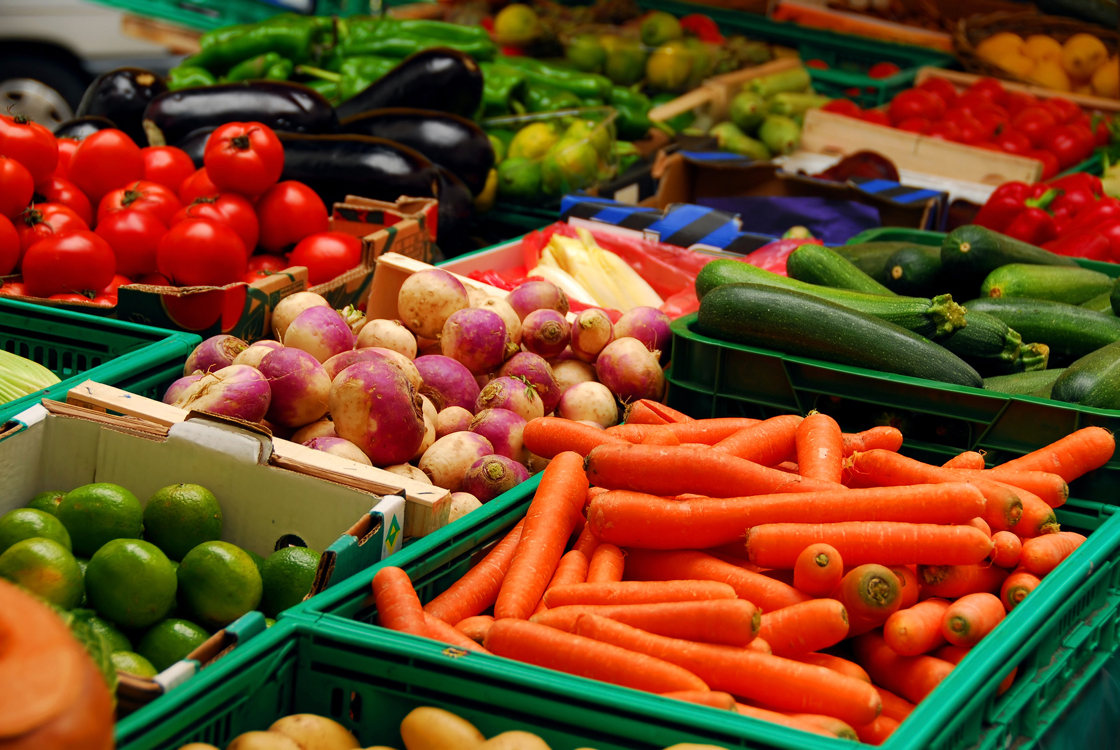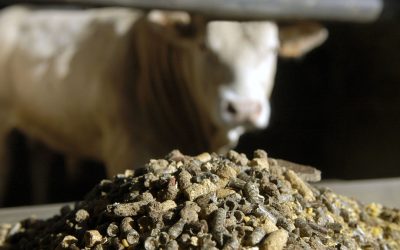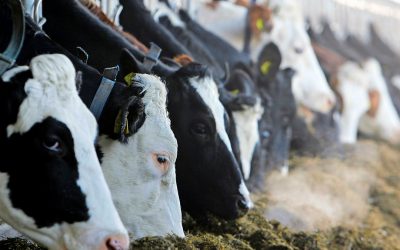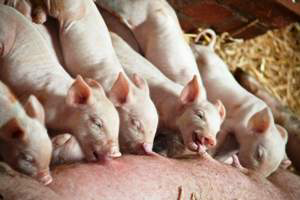In Qatar, a farming sector to stave off food insecurity

The Gulf State’s Crown Prince Sheikh Tamim bin Hamad Al-Thani issued a decree this year to organise the Qatar National Food Security Program (QNFSP), Reuters reports.
"Today, there are 1,400 farms in Qatar and they will increase to 3,000 farms with the new plan," said Fahad Bin Mohammed Al-Attiya, the QNFSP‘s chairman.
"We anticipate that domestic food production, if new technologies are applied and the efficiency system enforced, can easily reach 60 percent of our market needs…that domestic demand can be met by 60 to 70 percent."
Qatar now produces around 23 percent of its requirement of vegetables. They are grown by 56 percent of the country’s farmers and take up 11 percent of its cultivated farm area, according to the QNFSP.
Qatar’s population of 1.7 million (of which 20 percent are Qatari citizens) requires it to import up to 90 percent of food needs.
Hassad Food, Qatar’s foremost agriculture and livestock developer, having purchased land in Sudan and Australia, intends to invest up to hundreds of millions of dollars in agricultural projects, writes Martina Fuchs of Reuters.
Countries ranging from Africa to South America to Asia, among which are included Kenya, Brazil, Argentina, Turkey and Ukraine.
Qatar’s aquifers are already severely depleted, a fact that recently lead Saudi Arabia to conclude investing in its domestic agricultural policy in a similar bid for food independence.
But the QNFSP plans to obtain agricultural water from seawater desalination using solar parks, and only keep aquifers as strategic water reserves.
Experts are questioning whether Qatar’s stance on food security is warranted.











